Experiential Scholars Program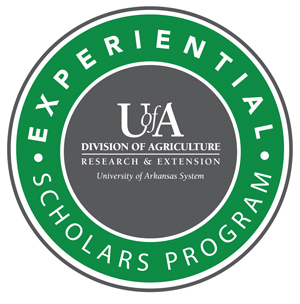
Applications for 2026 have closed.
The Experiential Scholars Program (ESP) is a paid 9-week summer internship program for undergraduate juniors and seniors interested in working in the areas of water/soil conservation, food health/nutrition/safety or community development.
Choose Your Focus Area
Water & Soil Conservation
Explore water and soil conservation efforts to protect and sustain water resources including agricultural water quality and use, nutrient management, watershed management, and soil health.
Health, Nutrition, & Food Safety
Develop, evaluate, and disseminate education programs, emphasizing healthy lifestyles to prevent and/or reduce adult and childhood obesity and other diet related diseases.
Community & Economic Development
Explore four areas of community and economic development: economic viability and sustainability; entrepreneurship; civic engagement; and quality of life/place.
Program Overview
In a nine-week summer program (May 18 through July 17, 2026) students will:
- Earn $4,500 ($12.50/hr.)
- Gain hands-on experience
- Be mentored in selected focus area by faculty, specialists, county extension agents, and peers
- Choose their own special project
- Enhance their communication and leadership skills
- Expand their professional network
- Receive travel support
Where are the internships located?
The primary location for internships is central Arkansas. If needed, housing options may be available. Please contact Lisa Davis, ldavis@uada.edu, to discuss.
Each scholar will receive an hourly rate of $12.50 ($4,500 for a nine-week appointment) during the summer months of May - July.
Each scholar will be assigned a focus area mentor. Mentors will train, provide hands-on learning opportunities, and will work with interns to develop a special project such as a field demonstration, organizing a public meeting, or other related task as part of the internship.
Student Activities
Internships will be focused on Extension education with three major thrusts:
- job shadowing and assisting mentor through hands-on experiences,
- leadership training, and
- conducting an independent project in focus area. Some examples include field demonstrations, organizing and conducting a public meeting, workshop, or training, etc.
The scholar will assist the mentor or designee in their day-to-day activities as a means of simulating what Extension education is all about in terms of technical programming, building trust through relationships, serving a partner, serving clientele, facilitating meetings, conducting field demonstrations, farm visits, planning, evaluation etc. Scholars will keep a journal of daily activities to document their growth and understanding of Extension.
Secondly, ESP participants will participate in a total of six leadership seminars via Zoom where students will interact with each other, share their experiences, and learn leadership skills as applied in Extension.
Finally, each scholar will work with their mentor to select an Extension project that the scholar will conduct, evaluate, and complete an impact report. Mentors will provide guidelines as to the appropriate scale of a project that can be completed in nine weeks and that targets a need in the county or state.
Arkansas Discovery Farms (ARDF) Program includes 12 privately owned businesses on which water quality research is being conducted. ARDF has emerged as a unique, important educational platform that has been successful in addressing water quality, water use efficiency, and improving soil health.
Scholars will learn to use state-of-the-art water quality monitoring systems installed at the C.A. Vines 4-H Center to document environmental impacts and to demonstrate the potential of Natural Resources Conversation Service (NRCS)-approved conservation practices.
Activities:
- Conduct monitoring (infiltration, soil health, density, water quality, etc.) to assess the need for and effectiveness of conservation practices.
- Provide verification and documentation of nutrient and sediment loss reductions and water conservation in support of nutrient management planning and sound environmental land stewardship.
- Develop and deliver educational programs from data that will educate 4-H groups at the 4-H Center about important conservation efforts.
In addition, Scholars will work with the Arkansas Game and Fish Commission Stream Team to learn how advocacy impacts conservation of Arkansas water resources.
This research focus area will be led by Dr. Mike Daniels, professor of crop, soil, and environmental science.
Scholars will complete the online food safety course, Serv Safe and attend training on how to conduct a food demonstration including nutrition education and food safety procedures.
This training would cover how to do demonstrations in various situations including a live audience, a videoed presentation such as for a television spot, and virtual presentations such as Zoom and how to conduct demonstrations in various areas such as a space with no kitchen facilities and if a pop-up space is used.
Activities:
- Learn technical skills related to demonstrating how to work with equipment and utensils to prepare and preserve food to ensure the safety of the food and extend the shelf life of their food.
- Use resources, such as home-grown foods, by participating in the “Grow Your Own Groceries” series.
- Deliver Extension programs in basic food safety principles.
Scholars will also participate in the Home Grown and Homemade video series funded by Arkansas Farm Bureau demonstrating safe food storage and recipes using locally grown food.
This research focus area will be led by a team of Family and Consumer Sciences mentors for a wide variety of training and experiences.
With a focus on Arkansas’ rural communities, students will learn and appropriately utilize participatory community building and asset-based community development (ABCD) as applied strategies for strengthening the capacity of individuals, communities, organizations, businesses, and institutions. Students will learn how to use ABCD, combined with participatory community building, as an approach that public servants, civic leader, community and economic developers (current and future) can use as they build upon the strengths, gifts, assets, skills, and talents of individuals to create vibrant, inclusive communities. Students will understand how to connect institutions and businesses with community members’ individuals, gifts, and strengths for sustainable change.
UADA Experiential Learning Scholars will be a part of the Center for Rural Resilience and Workforce Development, an Economic Development Administration University Center, with the mission is to equip Arkansans with sustainable, accessible research-based practices and expertise that create vibrant, self-reliant communities where businesses, organizations, and families thrive.
Scholars will be educated about information provided in the 2021 Rural Profile, a publication that describes important social, demographic, and economic trends, and additional data specific to Arkansas communities. This data may be useful in developing strategies to build strong communities and support entrepreneurship and broadband access, which will stabilize and reverse some of the negatives experienced by rural communities.
There will be four ongoing community-based projects in this focus area that students can participate in. These include:
- EDA University Center specifically focused serving rural communities across the state of Arkansas by strengthening, supporting, and sustaining the eight EDA-funded Development Districts.
- Broadband Skills specifically Extension and the Center are working with the Arkansas State Broadband office and other partners throughout the state to help eliminate the digital divide with a focus on increasing digital skills in rural Arkansas.
- Asset-Based Community Development with a focus on the Extension Health Ambassadors’ program focused on six rural counties.
- Additionally, Scholars will assist with Capacity Building through Grant Writing trainings delivered in rural counties.
Activities:
- Increase knowledge of rural community development challenges and opportunities to foster local leadership and investment.
- Utilize the asset-based community development as a lens to community, workforce, and economic development program implementation.
- Deliver educational programming in support of rural development projects.
- Attend National Association of Community Development Extension Professional Conference (NACDEP), June in Charleston, West Virginia. (All expenses paid.)
The research focus area will be led by Dr. Hunter Goodman, assistant professor, and Brandon L. Mathews, program associate, community, workforce, and economic development.
ESP will begin on May 18, 2026 with a three-day orientation at the C.A. Vines Arkansas 4-H Center in Little Rock, Ark. Participants will then work with their mentors in their focus areas for the duration of the program. One and a half hour virtual seminars in leadership development topics will be offered weekly. The program will culminate on July 17, 2026.
Who can apply?
Junior or senior-level undergraduate students who are citizens or permanent residents
of the U.S. currently enrolled in any U.S. institution are eligible to apply.
Application Instructions
Complete online UADA application. Submit the following.
- Personal Essay ≤ 1-page (12-point font, 1-inch margins, single-spaced)
Please address the following:- List Focus Area of interest
- What is your background/life history (≤ 300 words)?
- What are your long-term career goals (≤ 200 words)?
- How does participating in this summer program and/or learning about focus area help address your career goals (≤ 300 words)?
- Letter of Reference (1)
- Resume
- Unofficial Transcript
We recommend that you carefully develop your personal essay. All documents should be provided as PDF files with your first and last name included in the file name.
Application Deadline
Applications are open until filled.
Check out our past interns

Aidan Russell
University of Arkansas at Fayetteville
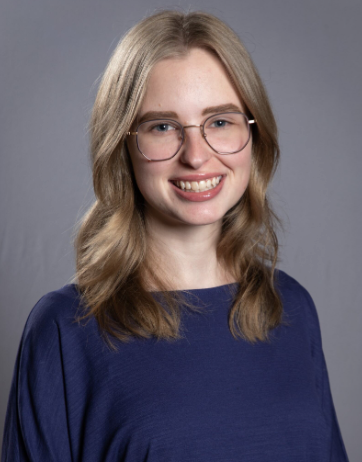
Gwen Keith-Powell
University of Arkansas at Fayetteville
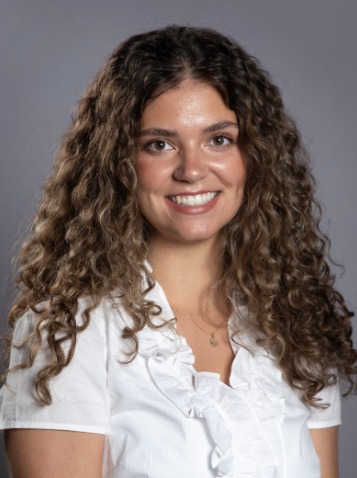
Kennedy Chapman
University of Arkansas at Fayetteville
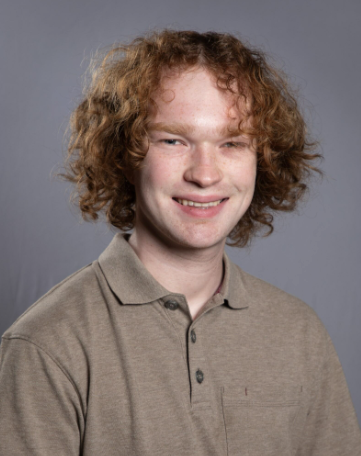
Mason Mabry
University of Arkansas at Fayetteville

Myah Hudson
University of Arkansas at Pine Bluff
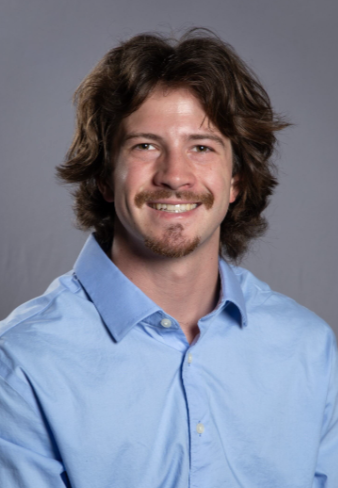
Jacob Easley
University of Arkansas at Fayetteville

Grayce Nelson
University of Central Arkansas

Anaiya Smith
University of Central Arkansas

Abram Fressenden
Williams Baptist University
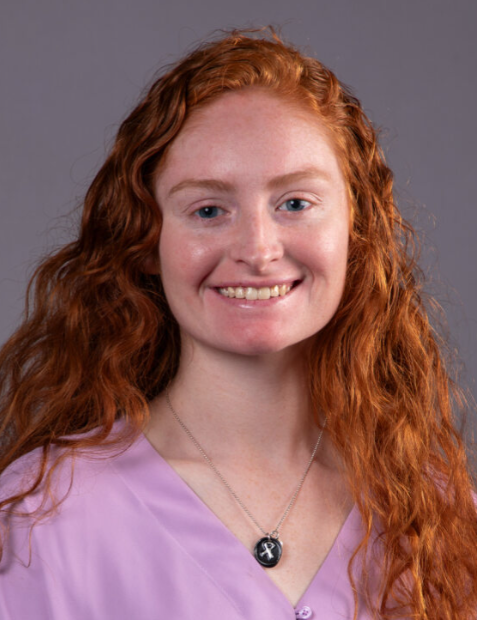
Ashlyn Brown
Southern Arkansas University

Barton Stapleton
Arkansas State University

David Opiri
University of Arkansas at Pine Bluff
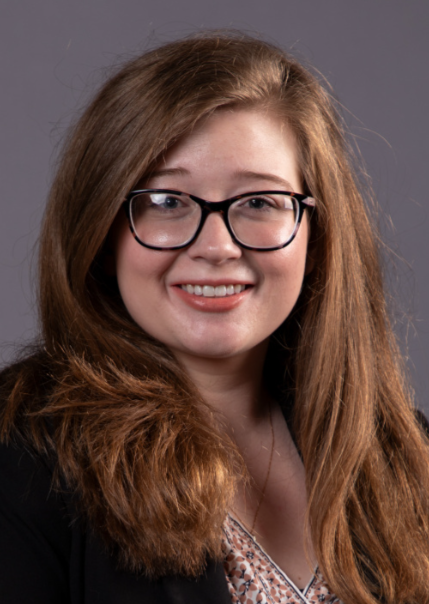
Macy Alexander
University of Arkansas at Fayetteville

Morgan Park
University of Arkansas at Fayetteville

Nicholas Newby
University of Arkansas at Litte Rock

Ryan Fewell
University of Arkansas at Fayetteville
QUESTIONS? Contact Dr. Julie Robinson, jrobinson@uada.edu, or Kayla Machen, kmachen@uada.edu.
This work is supported by the Agriculture and Food Research Initiative (AFRI) Research and Extension Experiences for Undergraduates, project award no. 2023-68018-40315, from the U.S. Department of Agriculture’s National Institute of Food and Agriculture.


